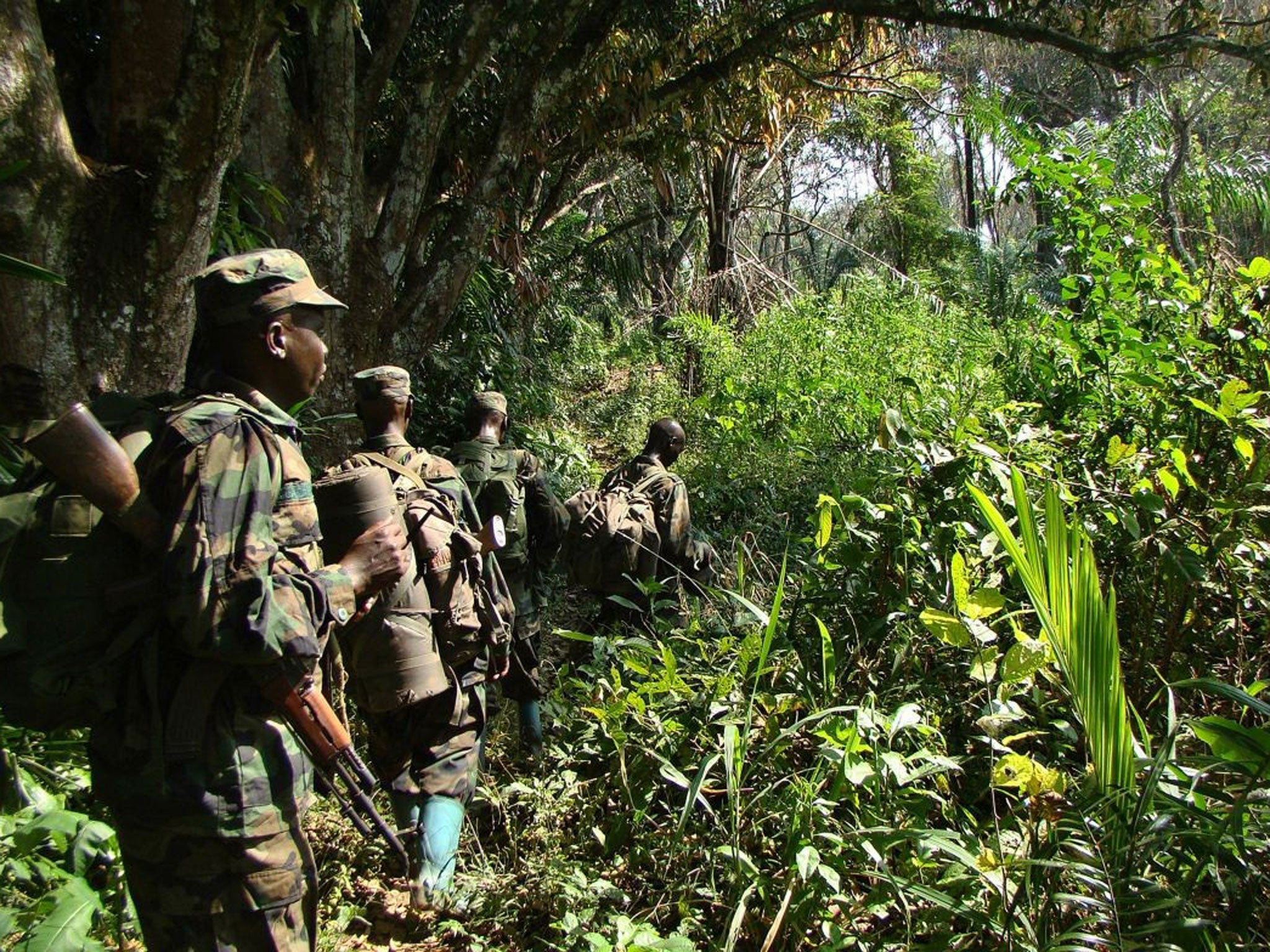European Literature round-up: Troubling tales and exceptional translations
Rosie Goldsmith reveals this year's Euro stars, from Flisar to Bajani

Your support helps us to tell the story
From reproductive rights to climate change to Big Tech, The Independent is on the ground when the story is developing. Whether it's investigating the financials of Elon Musk's pro-Trump PAC or producing our latest documentary, 'The A Word', which shines a light on the American women fighting for reproductive rights, we know how important it is to parse out the facts from the messaging.
At such a critical moment in US history, we need reporters on the ground. Your donation allows us to keep sending journalists to speak to both sides of the story.
The Independent is trusted by Americans across the entire political spectrum. And unlike many other quality news outlets, we choose not to lock Americans out of our reporting and analysis with paywalls. We believe quality journalism should be available to everyone, paid for by those who can afford it.
Your support makes all the difference.Every year I host the annual European Literature Night. Six of Europe's best contemporary writers are selected from nearly 50 submissions, and launched in English. The criteria are simple: excellent literature, excellent translation. So who are this year's Euro stars?
For a small country, Slovenia boasts some giants: Evald Flisar is prolific and often shocking. In his novel My Father's Dreams (Istros Books; trans. Flisar and Alan McConnell-Duff, £9.99), the father, Joseph, is a village GP with a secret cellar to conduct his "research". He and his wife Mary argue over the upbringing of their adolescent son Adam who has bizarre dreams and lusts after a teenage drug-addict Eve (the names!), though we are never sure if events are dreams or reality. A nightmare read but with fantastic flair and insight into the psyche and the grotesque.
Another doctor's tale comes from the French-Algerian writer Yasmina Khadra. The African Equation (Gallic Books; trans. Howard Curtis, £8.99) is world-class. German GP Kurt Krausmann takes a terrifying journey into the heart of Africa and into his soul following his wife's suicide. Nearly everything about this novel works: the drama, the prose, the meditations on war, terrorism, Africa and the west; the psychologies of rebels and hostages. What is Kurt searching for? When he meets his nemesis, the messianic rebel leader Joma, who may hold the answer, you unavoidably compare Khadra with Conrad. A rare short Spanish novel next and a debut: Jesús Carrasco also describes a journey in the visceral and gripping Out in the Open (Harvill Secker; trans. Margaret Jull Costa, £12.99), already winning prizes in Spain. In an unnamed drought-plagued landscape, an unnamed boy is hiding in a hole in the ground.
"He had caused an incident", we learn. "The black flower of his family's betrayal still gnawed at his stomach." He escapes and encounters hardships but also a goatherd who teaches him skills and trust. The writing is austere with flourishes of great beauty from an exceptional translator.
Wioletta Greg has published six volumes of poems in Polish and Finite Formulae and Theories of Chance (Arc Publications; trans. Marek Kazmierski, £9.99) is shortlisted for the Canadian Griffin Prize. Fame in English at last? Each closely-crafted poem or prose fragment is a self-contained story, covering Polish history from 1914 to today when she emigrates to the Isle of Wight. History is personal, the weight of the past alleviated in light, tight language, both monochrome and intensely colourful.
Meanwhile, Andrea Bajani's Every Promise (MacLehose; trans. Alastair McEwen, £15.99) has sprezzatura in spades. Bajani writes with exquisite elegance: "She smiled and almost all her teeth were gold, a sudden dazzlement… that light hidden inside her mouth" – although sometimes you long for something to happen directly, not lyrically! Pietro and Sara are happily married, but can't conceive and soon even the walls speak of their failure. We enter a dark world of the Second World War, Italian and Russian soldiers and post-traumatic stress.
The novel swings back and forth in time, fanning out to cover several lives, especially Pietro's grandfather Mario who becomes the shadowy central character. Pietro's journey from childhood to modern Russia is an attempt to exorcise ghosts.
Finally, we have a spectacular collection of short stories, Baboon, by Danish writer Naja Marie Aidt (Two Lines Press; trans. Denise Newman, £8.50). More international than Danish, these stories are weird and wonderful. Aidt breaks into ordinary lives mid-flow and conjures up a mood, a person, instantly. Her range is outstanding but all the stories begin inside someone's life. Innocently at first – a couple on honeymoon, a cycle ride, shopping – but the cracks in the ground open up and molten lava flows exposing harsh landscapes, searing emotions and extraordinary plots.
Join our commenting forum
Join thought-provoking conversations, follow other Independent readers and see their replies
Comments